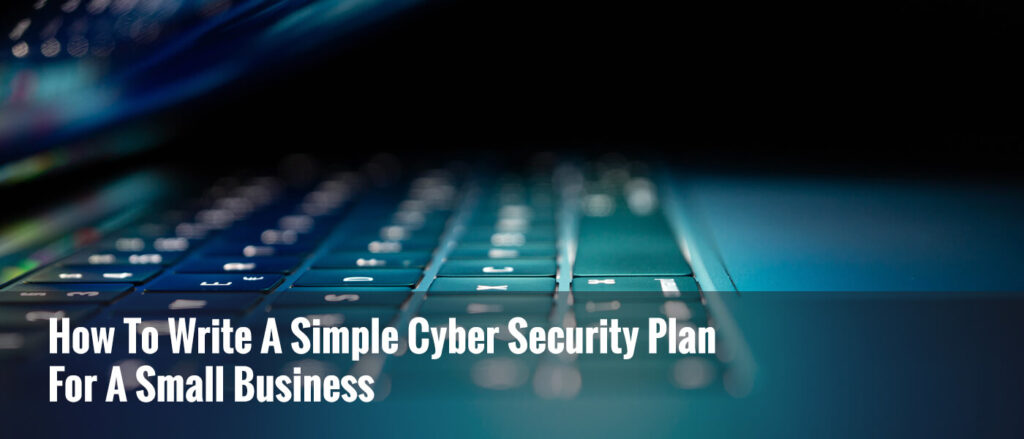There is no denying Cyber threats are increasing in both momentum and sophistication, so for many business owners, Heads of security and IT the natural first step to protecting their organisation is to implement security technology. There are a wealth of Cyber Security experts and providers who can work with organisations to define their security strategy and embed security technology. But beyond technology, creating a culture of cyber security is equally vital. This article presents invaluable tips from our experts on how financial institutions can foster a culture of cyber security, providing a strong defence against cyber attacks and ensuring the security of sensitive data.
1: Start at the Top
Creating a culture of cyber security begins with leadership. C-Level and Heads of departments should actively champion cyber security initiatives, demonstrating the organisation’s commitment to protecting data and client trust. When leaders prioritise cyber security, it sends a clear message to employees that security is integral to the organisation’s values.
2: Educate and Train
Empower your employees with the knowledge they need to become the first line of defence against cyber threats. Regularly provide cyber security training that covers best practices, phishing awareness, and incident reporting. A well-informed workforce is more likely to recognise and thwart potential attacks.
3: Practise What You Preach
Leadership and employees should adhere to cyber security best practices in their daily tasks. Whether it’s strong password management, regular software updates, or encryption protocols, consistency in practicing what is preached reinforces the culture of cyber security.
4: Implement a Strong Access Control Strategy
Enforce the principle of least privilege (PoLP) by granting employees only the access necessary for their roles. This reduces the attack surface and limits the potential impact of insider threats.
5: Embrace Multi-Factor Authentication (MFA)
Implement MFA across systems and applications to add an extra layer of protection. Even if credentials are compromised, an additional authentication step provides a robust defence against unauthorised access.
6: Regularly Update and Patch
Ensure that all software, systems, and applications are regularly updated with the latest security patches. Vulnerabilities in outdated software can be easily exploited by cybercriminals.
7: Incident Response Planning
Prepare for the worst by developing a comprehensive incident response plan. This ensures that your organisation can swiftly and effectively respond to cyber incidents, minimising their impact.
8: Collaborate with Third Parties
When partnering with third-party vendors, ensure they adhere to robust cyber security practices. Weaknesses in your vendors’ security can potentially become your vulnerabilities.
9: Data Encryption and Protection
Implement strong encryption for sensitive data both at rest and in transit. Implement data protection measures to prevent unauthorised access and data breaches.
10: Promote Reporting and Accountability
Create an environment where employees feel comfortable reporting suspicious activities. Encourage accountability by rewarding responsible behaviour and addressing security incidents promptly.
Get some expert support
As experts in cyber security offer a range of services tailored to the unique needs of financial organisation:
- Cyber security Training – Ensure EVERYONE in the organisation receives the right training for their role and create a culture of cyber security vigilance.
- Security Assessments – Understanding your infrastructure and security posture will put your organisation in a better position to understand the risk of threats and how to defend against them. A Security Posture Review can be a good first assessment to implement.
- Get Cyber Essentials Certified – Cyber Essentials enables organisations to become certified through two levels of security assessment and auditing. The benefit of going through Cyber Essentials Certification means your team learns to understand the importance of Cyber Security and bolsters the security culture in your organisation.
- Incident Response Planning – Developing and testing incident response plans, ensuring your organisation is prepared for any cyber security event.
- Managed Security Services – Find out about 24/7 monitoring of your infrastructure and threats to ensure you are alerted of suspicious behaviour
- Threat Intelligence – Stay informed about the latest cyber threats and vulnerabilities through threat intelligence services and then keep your team up to date.
Conclusion
Fostering a culture of cyber security is an ongoing effort that involves leadership commitment, employee education, and a commitment to best practices. By implementing these expert tips, financial organisation can fortify their defences, reduce the risk of cyber incidents, and safeguard sensitive data. Our services are designed to support your journey towards a robust cyber security culture, ensuring that you are well-equipped to protect against Cyber threats and attacks.
Contact us today if you would like to understand more about adopting a Cyber Security Culture in your organisation.





